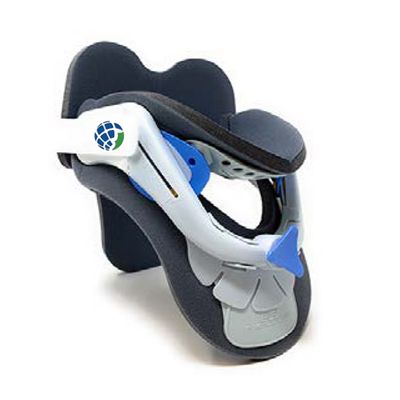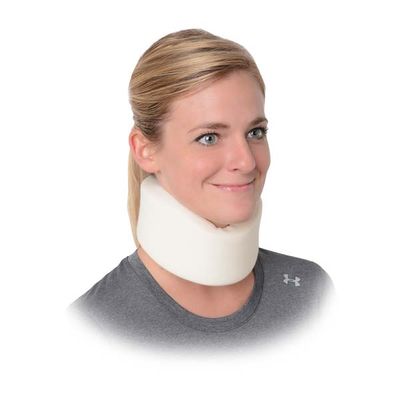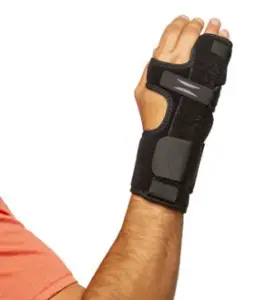Wear Orthopedic Braces
Wearing a brace all day depends on the type of brace, the injury, and the advice from your healthcare provider. Here are some general guidelines:
Medical or Post-Injury Braces: If your doctor has prescribed a brace for a specific injury (e.g., after surgery or for joint stabilization), you may be advised to wear it all day, at least in the initial stages of recovery. In this case, wearing the brace as directed is important to protect the injury and promote healing. Some braces, like post-surgery or spinal braces, are meant to provide full-time support and stabilization.
Prolonged Wear: Wearing a brace for extended periods without a medical recommendation can lead to issues such as muscle weakening or joint stiffness, as braces may limit movement or reduce muscle activity. If a brace is worn too long without breaks, the muscles around the area may become dependent on the support, leading to reduced strength or flexibility.
Comfort and Fit: Braces should fit snugly but not too tight. If you experience discomfort, irritation, or skin issues from wearing a brace all day, you should consult with your healthcare provider to make adjustments or modify the duration of use.
Removable Braces: Many braces are designed to be worn during certain activities or periods (e.g., during the day but removed at night). It’s important to follow the specific instructions for your type of brace.
Always consult with a doctor or physical therapist to understand the proper wear schedule for your brace based on your condition and needs.
Cervical Spine Brace



Knuckle Orthosis: Purpose, Benefits, and Applications
Knuckle Orthosis Knuckle Orthosis: Purpose, Benefits, and Applications A Knuckle Orthosis is a specialized medical device designed to provide stability, support, and protection to the metacarpophalangeal (MCP) joints—the knuckles of the hand. These orthotic devices are commonly used in the… Continue Reading…

Wrist and Hand Braces: Support, Relief, and Rehabilitation for Hand and Wrist Conditions
Wrist and Hand Braces Introduction Wrist and hand braces are essential tools for individuals managing pain, recovering from injuries, or dealing with chronic conditions such as carpal tunnel syndrome, arthritis, or tendonitis. These braces provide stability, compression, and support to… Continue Reading…

Orthopedic Shoulder Braces: Support for Shoulder Injuries and Chronic Conditions
Orthopedic Shoulder Braces Introduction Orthopedic shoulder braces are designed to provide support and stabilization for individuals recovering from shoulder injuries, managing chronic shoulder pain, or undergoing post-surgical rehabilitation. These braces help alleviate discomfort, protect the shoulder joint, and prevent further… Continue Reading…

